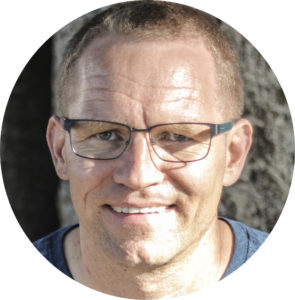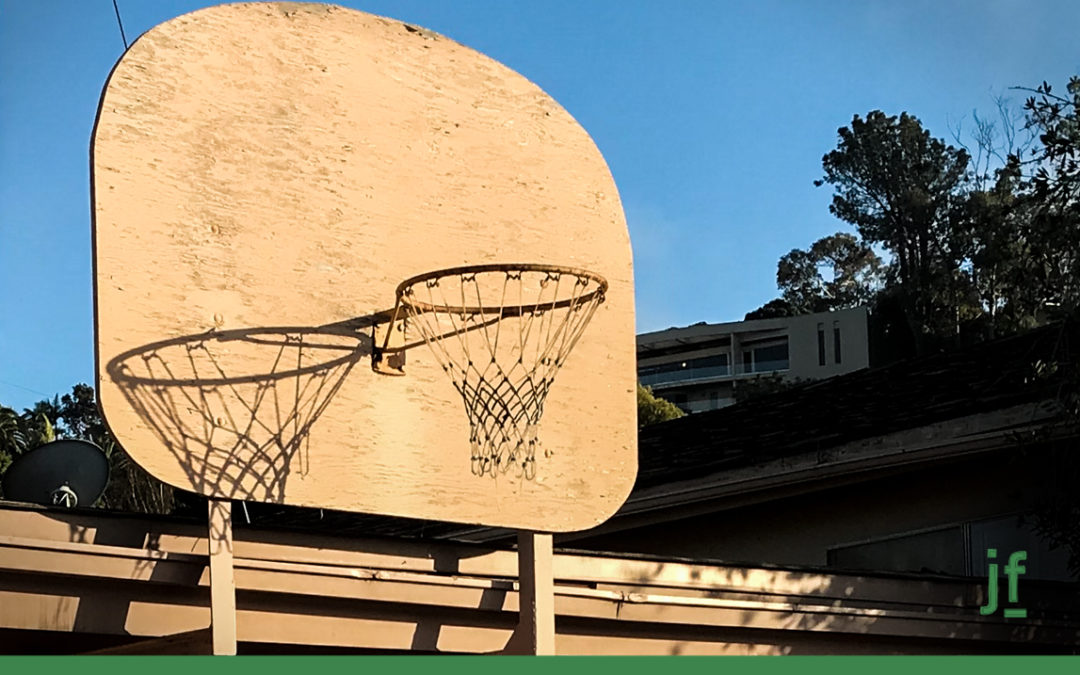Do you ever distract yourself from what you most want to do?
Over the years, I’ve repeatedly observed this habit in myself.
It makes no logical sense. If we really want to be doing A, why do we so often find ourselves doing B, or Q, or Z? This is especially problematic because doing B, Q or Z often doesn’t feel that great. It definitely doesn’t bring us the fulfillment that A likely would.
This phenomenon is really quite strange, so I’m going to illustrate it further in a hypothetical example. Here it goes:
Hypothetical Jane’s true dream is to become the best she can at basketball because she feels a rush of joy whenever she plays the game. She talks to friends about how much she loves playing basketball. When she sleeps, she dreams of playing basketball.
So simple solution right? Jane ought to do all she can to focus on playing basketball.
Yet, she thinks playing golf is infinitely more practical. After all, her Mom and Dad have played golf at least once a week since she was a kid. Her grandfather almost made the PGA tour, twice. Jane has heard that story at countless family dinners. Grandpa started calling Jane, “My Little Golfer” when she was five, and even though she is now twenty, she is still Grandpa’s “Little Golfer.” Furthermore, she took her high school golf team to state, and got a full ride golf scholarship to a Big 10 college.
Meanwhile, basketball is something Jane started playing in the off hours when she wasn’t practicing golf. She’s played hundreds of pick-up games with friends. However, when she tried out for the high school team she was put on the second string. By the time she was a senior, she was still on the second string. She didn’t even mention on her college applications that she played basketball.
Jane feels that making it onto the LPGA tour is her logical step and her family whole-heartedly is backing her. Maybe, she can realize the dream that always was just beyond Grandpa’s reach.
Realistically, golf for Jane is where the money is, where the success is, where the prestige is. Her Mom keeps reminding her that Michelle Wie, who plays the LPGA, “signed sponsorship contracts with Nike and Sony reportedly worth more than $10 million per year.”
Unfortunately, Jane just doesn’t love golf. She secretly dislikes how slow it moves, and the solitary nature of the sport. She has even had the passing thought, that she would be kind of thrilled if she never set foot on another golf course in her life.
Jane closes her eyes and feels joy and elation course through her when she envisions basketball.
Do you feel the anxiety mounting in hypothetical Jane’s heart?
Have you ever been in hypothetical Jane’s golf shoes?
I sure have! (Well, minus the golf part.)
The question of why we distract ourselves from our dreams sometimes isn’t so simple.
The incentives and pressure to do B, Q or Z can be almost overwhelming at times.
Yes! If our dream is to play basketball, there are instead literally endless ways and reasons to talk ourselves into playing golf. And many of those reasons are sound and logical, to further complicate our dilemma.
So what do we tell the hypothetical Jane in all of us?
I would tell her and the rest of us to consider taking these three steps:
1) Simply notice where in our lives we are playing golf when we really want to be playing basketball.
2) Love that we have the freedom to distract ourselves from the game we really want to play.
3) Know we have a choice. (Hypothetical Jane can choose to pursue a life of golf or choose to pursue a life of basketball or do some combination of both.)
Notice that none of my three steps come even close to providing a single, one-size-fits-all answer.
All I know is that life is full of both basketball and golf.
The choices we have an opportunity to make can become quite complex and at times be very agonizing.
The best we can do is our imperfect best.
 JASON FREEMAN is a Professional Speaker and the proud owner of a Speech Impediment. He is also the author of “Awkwardly Awesome: Embracing My Imperfect Best” and a Perseverance Coach.
JASON FREEMAN is a Professional Speaker and the proud owner of a Speech Impediment. He is also the author of “Awkwardly Awesome: Embracing My Imperfect Best” and a Perseverance Coach.
He excites and encourages his audience to break through the barriers of their own limitations using a method he created, called “doing your Imperfect Best ™”.
His Imperfect TEDx Talk can be viewed here.


Recent Comments